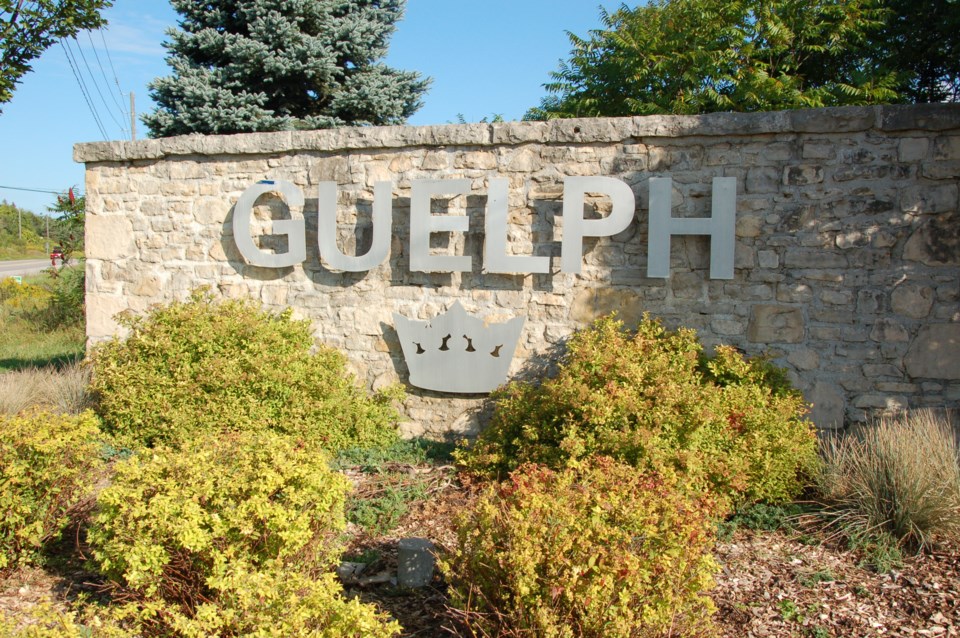There are some “big Guelph wins” in the latest provincial budget, believes Mayor Cam Guthrie, pointing to increased funding for social services and efforts to address homelessness, as well as mental health and addictions programs.
“There is a lot for us in a general sense,” the mayor said. “There are many things in the budget that are relevant to Guelph.”
There’re also a few Guelph-specific items mentioned.
The provincial government introduced its $204.7-billion budget plan for 2023 on Thursday, with the stated goal of helping residents navigate “ongoing economic uncertainty” while laying a “fiscal foundation for future generations.”
Though pleased by some of the funding increases, local MPP Mike Schreiner is “disappointed” more help isn’t being offered to struggling residents.
“The budget just fails to address the scale of the crises that we’re facing, especially when it comes to housing affordability, health human resources, poverty and the climate crisis,” the Ontario Green Party leader told GuelphToday, adding he was hoping to see a response to calls to double ODSP and OW rates.
“People are being forced to live in extreme poverty. I would say we’re all feeling that in our community, especially with the cost of living crisis that so many people are facing," Schreiner continued. “It’s just impossible, literally impossible, for people with disabilities to live off $1,200 a month when the average one-bedroom apartment in Guelph now is over $2,000 a month.”
With $425 million additional dollars over a three-year period, a five per cent base funding bump is on the way for mental health and addictions services for community-based providers that receive Ministry of Health dollars.
“One of the things I have heard constantly from the stakeholders, especially the staffing and the institutions that deal in those areas, have constantly been telling me how they have not had any increases to base funding at all for years,” said Guthrie, adding it’s the first rise since 2014. “Not only has it been warranted, but it’s a recognition to all of those sectors that are trying to do really heavy lifting in those areas of need.”
Schreiner has been calling for an eight per cent base funding increase, which he said would allow agencies to maintain existing service levels.
Looking at the $202 million in new money for homelessness and social programs, Guthrie said about $2 million is coming to the County of Wellington, which provides those services on behalf of the city.
“That’s a huge increase to get for homelessness and housing issues that we’re facing at a local community level,” said Guthrie, who also praised plans to increase the number of educational spots available within healthcare.
“That is an overall win for the healthcare system which will eventually help at the local level as well.”
The provincial budget comes with a projected $2.2 billion deficit for 2022-2023, which is lower than previously expected, as well as a $1.3 billion deficit for 2023-2024.
However, a $200 million surplus is anticipated in 2024-2025, with a $4.4 billion surplus possible in 2025-2026.
That potential return to the black comes three years earlier than previously thought.
“I am quite happy to see progress made on reducing the debt and to get us back into a balanced budget with a surplus. Everybody wants everything but there has to be a general oversight of the books and we need to get back into balance,” said Guthrie, noting debt is one of the province’s biggest expenses, after healthcare and education.
“It’s something that should be celebrated by everybody because the more they can reduce debt and the reliance on running deficits, the more money becomes available for the very things everyone in the province is wanting.”
Though most of the budget’s benefits to Guelph generally apply throughout the province, there are a couple items of specific local interest.
The University of Guelph and Lakehead University in Thunder Bay will share $14.7 million over two years, starting in 2024, to launch a new collaborative doctor of veterinary medicine program intended to increase enrolment by 20 new students per year.
Also included is $27.9 billion for the planning and construction of highway expansion efforts, with a reference to the long-proposed new Highway 7 between Guelph and Kitchener.
“We’ll see,” Guthrie said with a laugh. “If the budget can align with bulldozers, I’m going to feel good.
“That is a 30-year project or more that is definitely needed,” he added. “I have seen it in the budget several times over the years and then not seen the bulldozers.”
